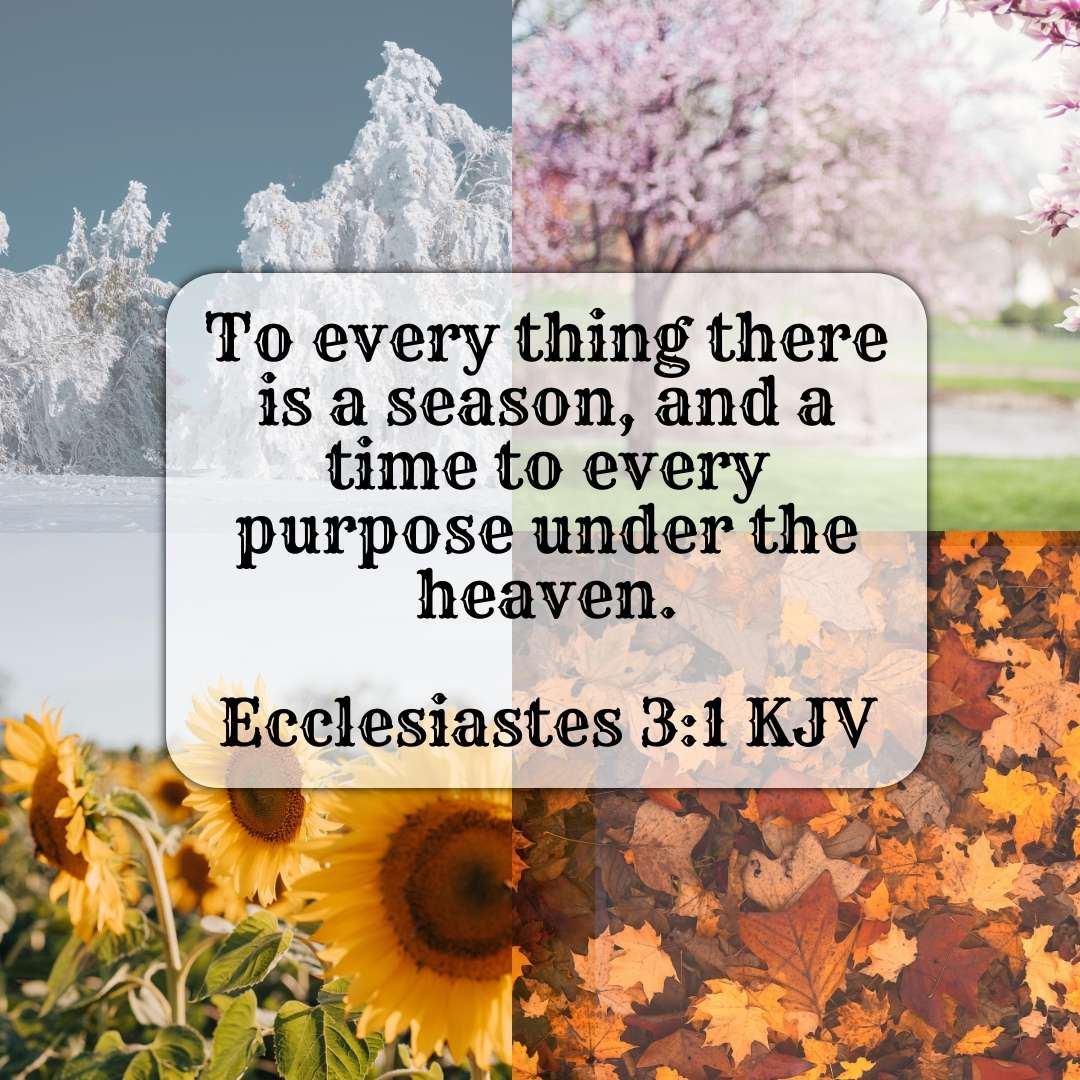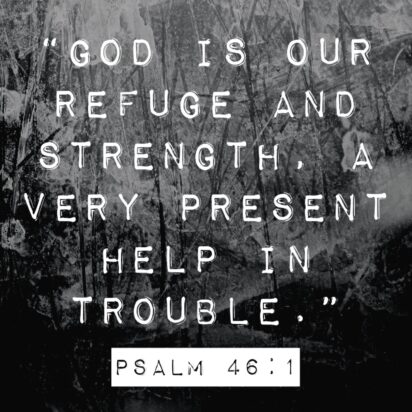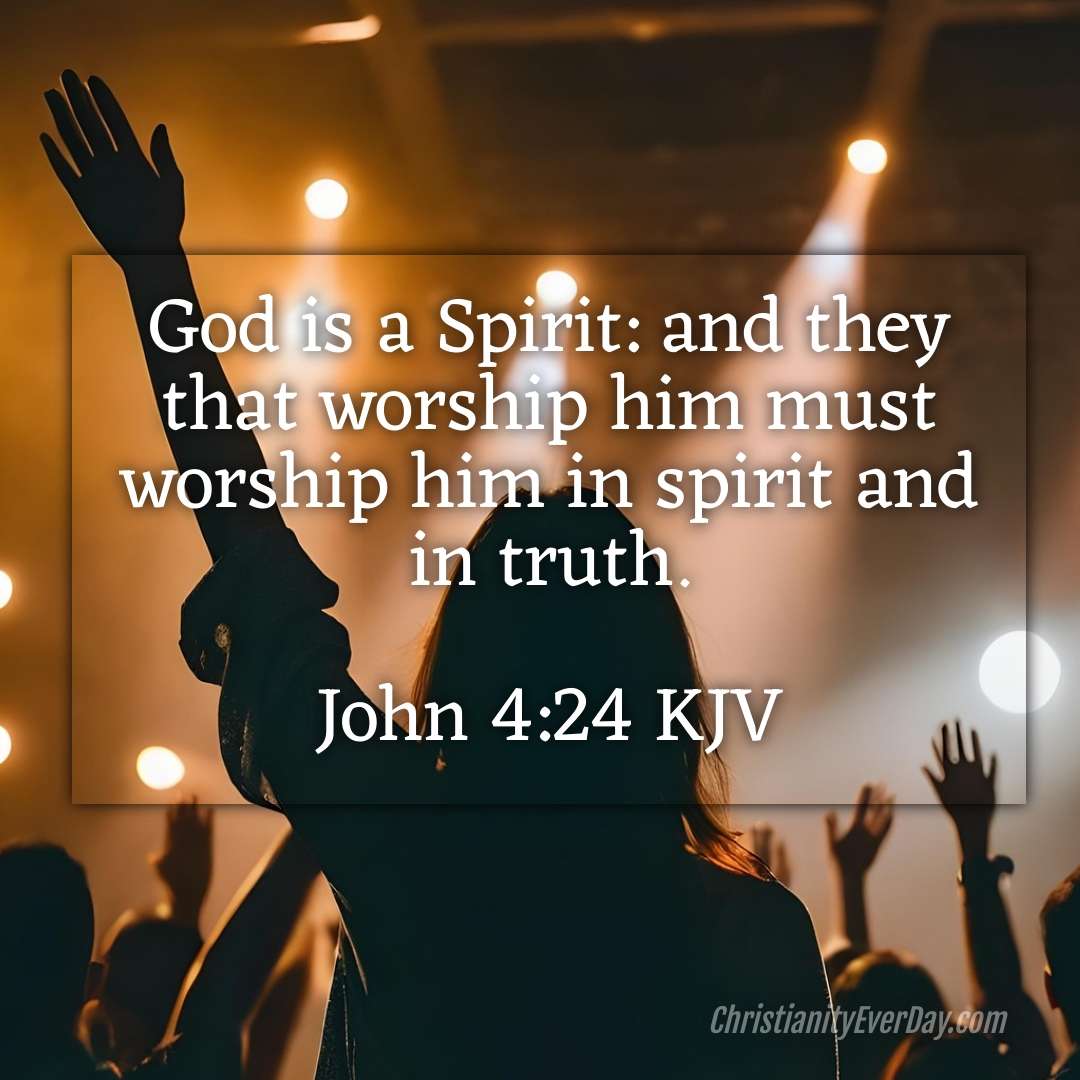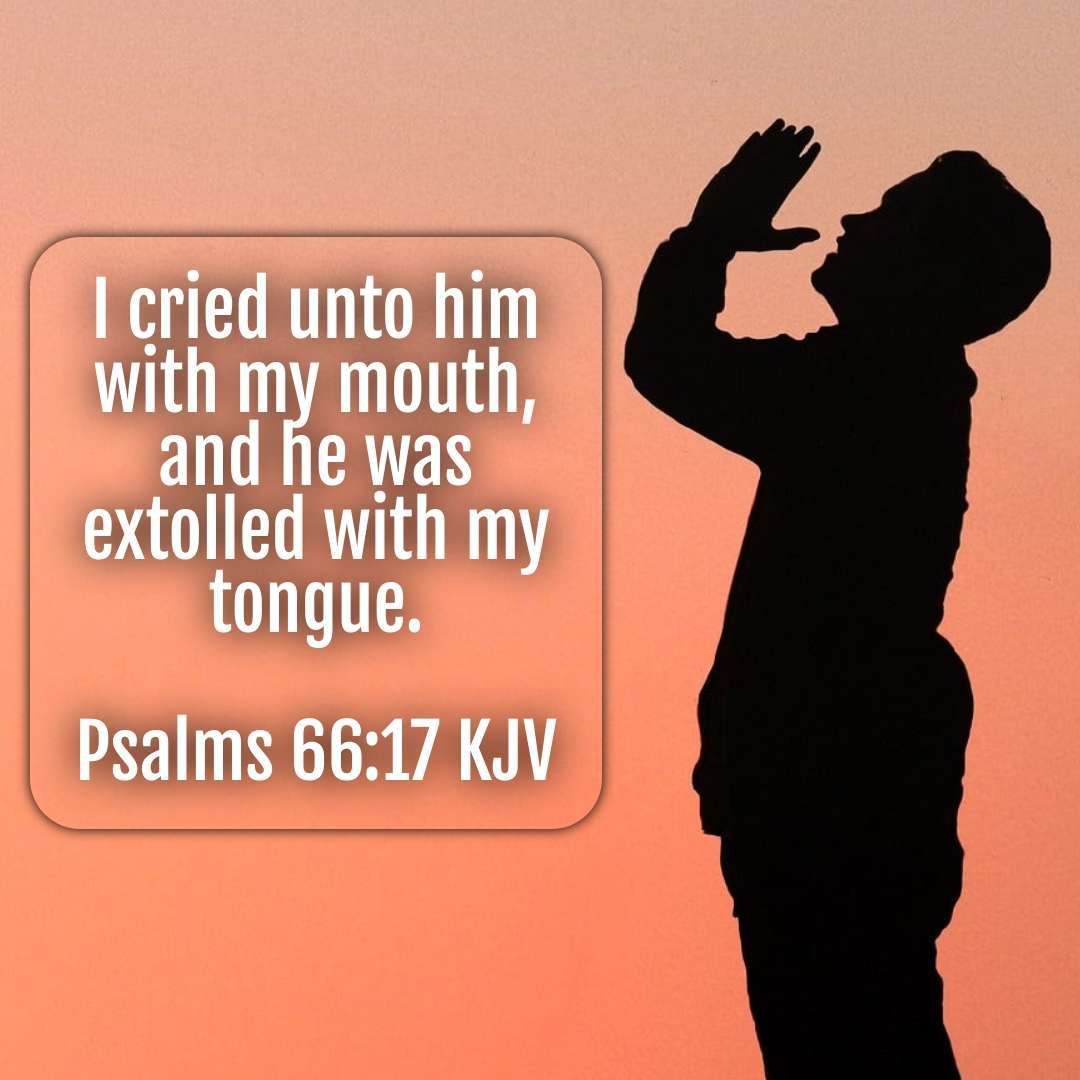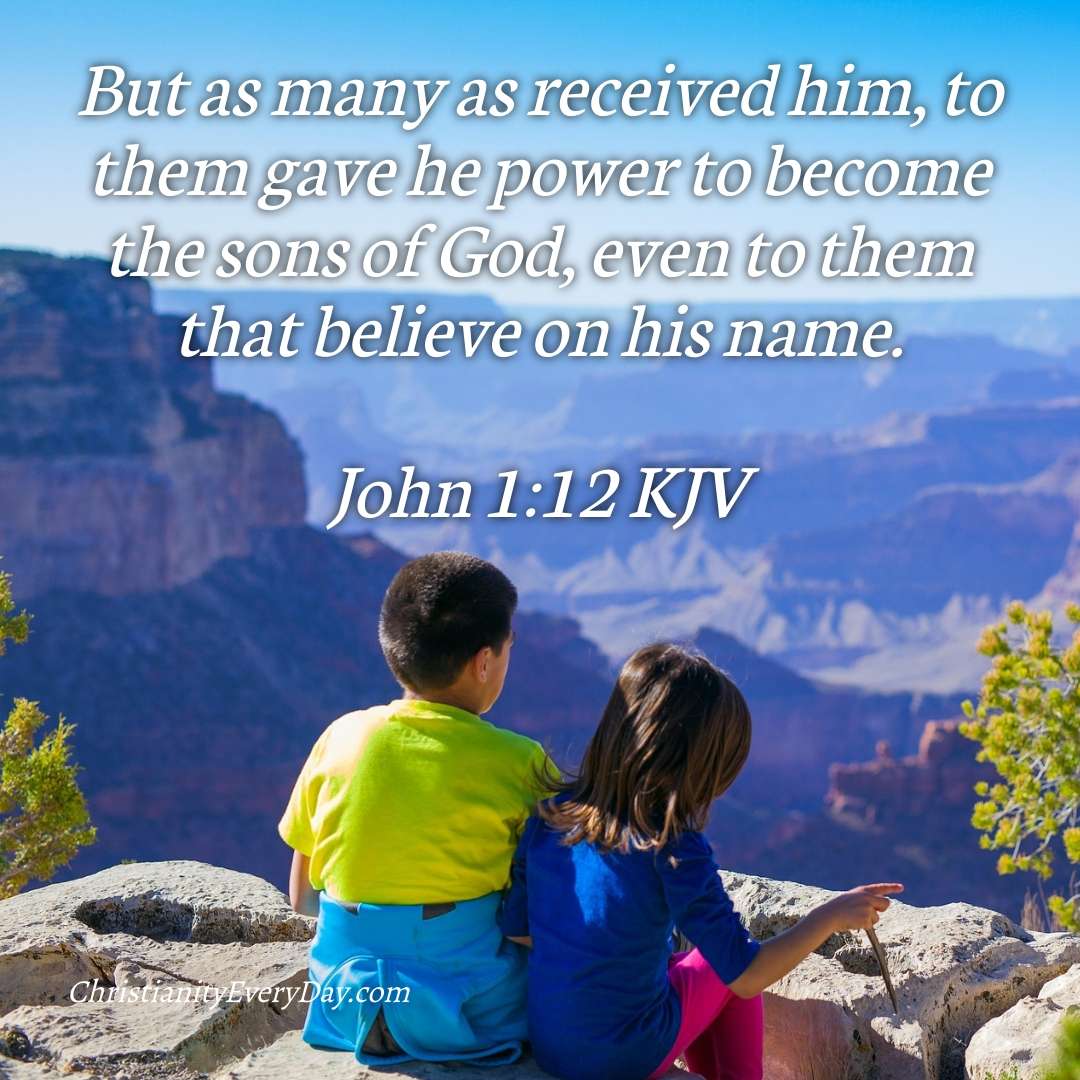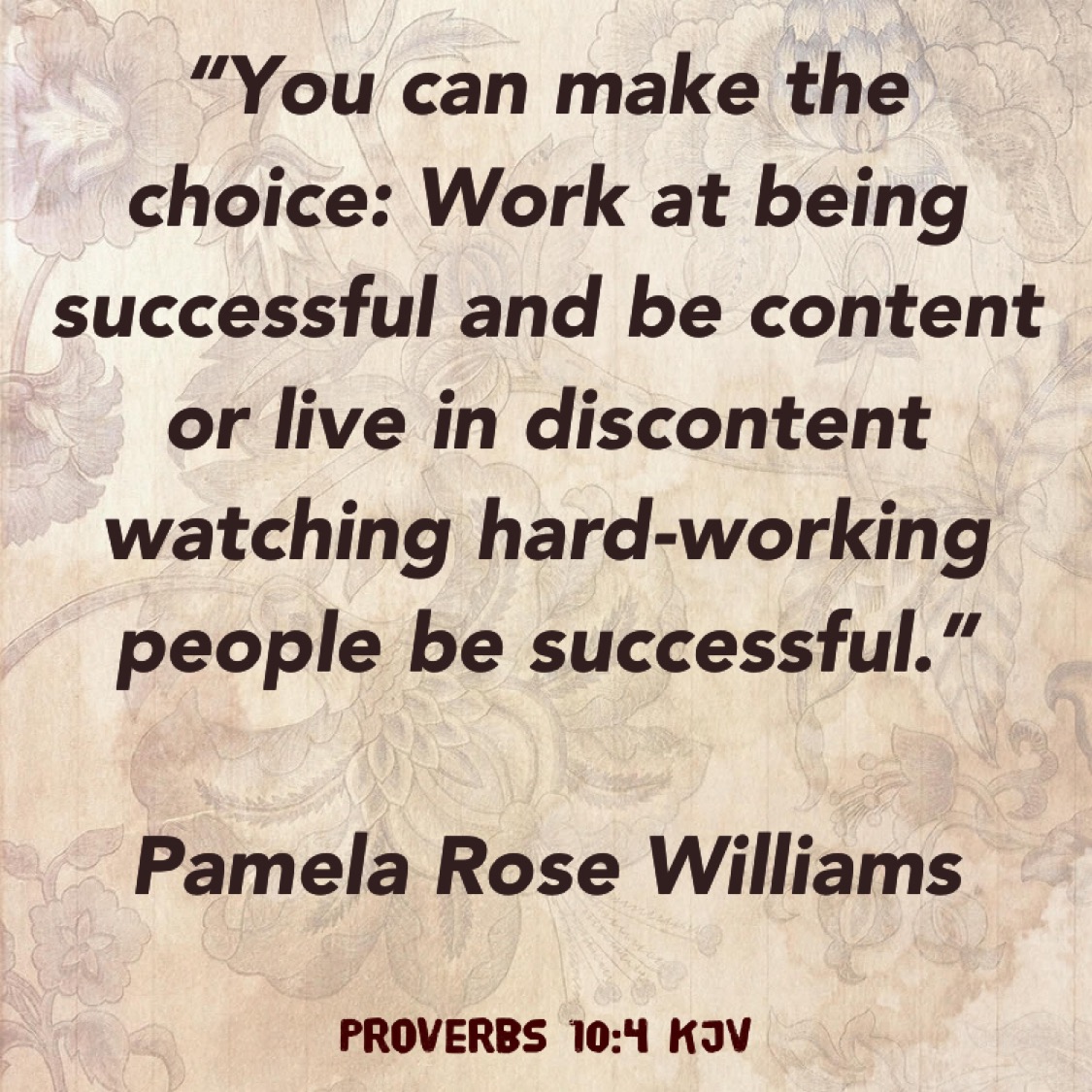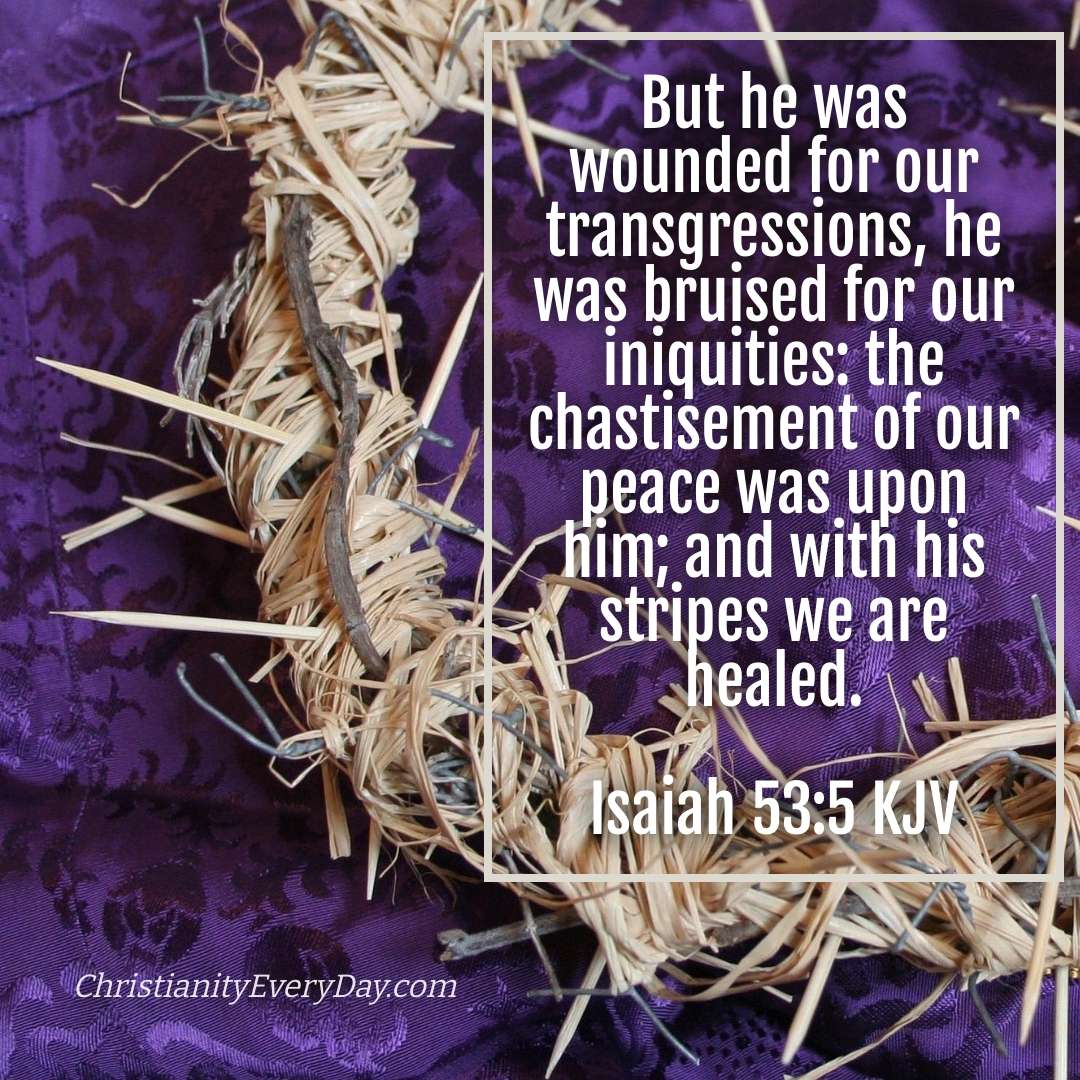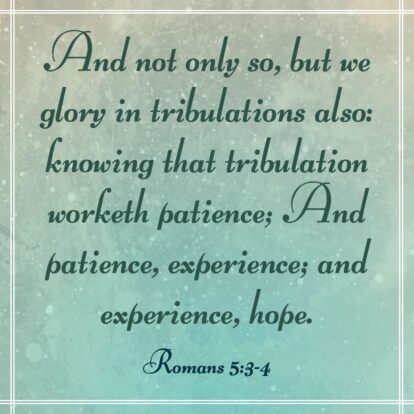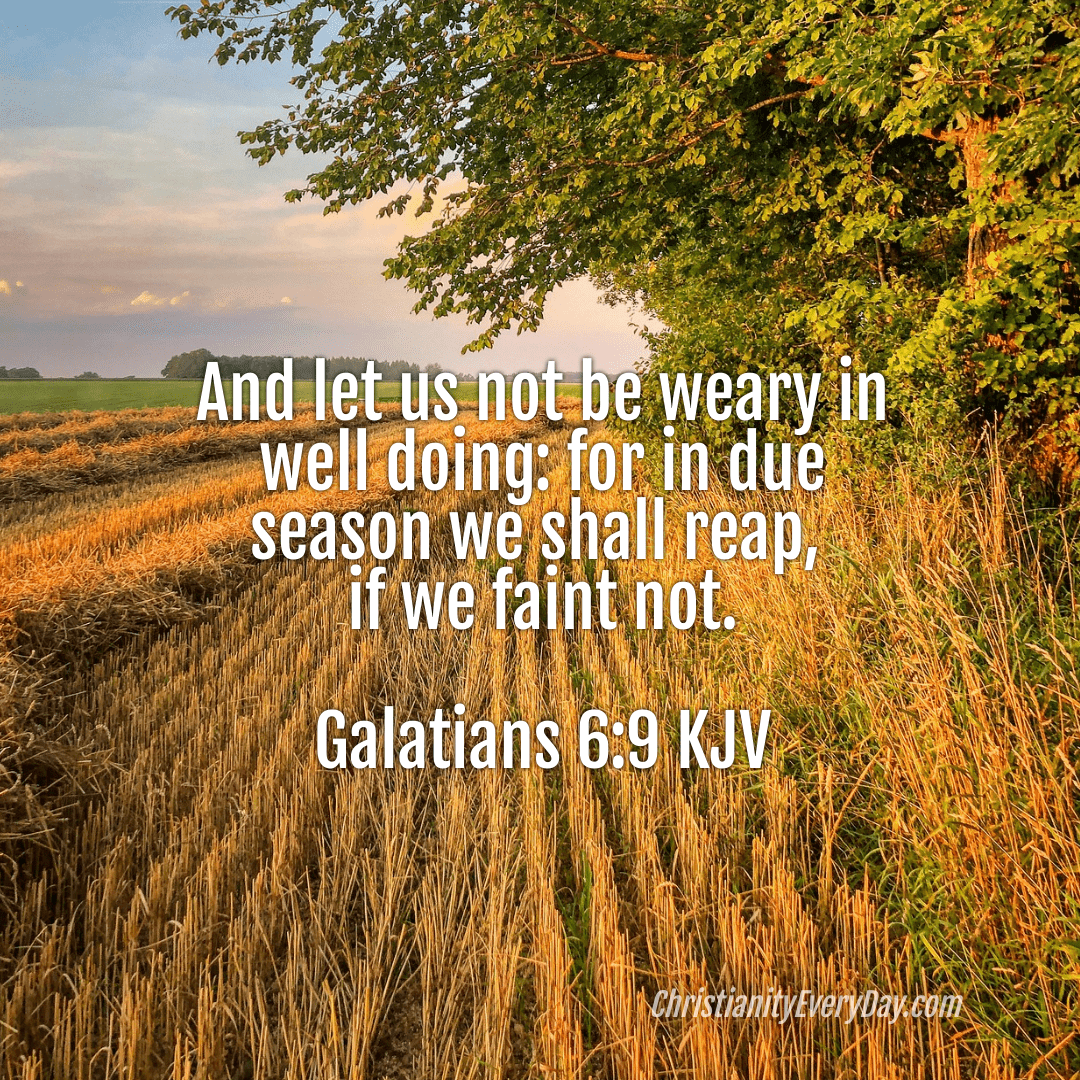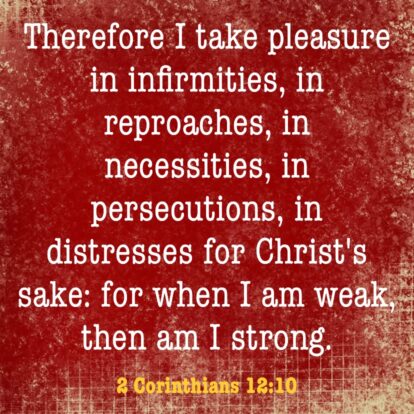What does it mean to be a tent maker for Jesus Christ?
Christians come from all walks of life. Some are rich, some are poor; some are involved in a local church, and some are not. Some are working and some are retired. The question is, regardless of who we are or where we are in life, how involved are we in working for the Lord? Biblically speaking, we could ask each other, is your life devoted to being a tent maker for Jesus Christ?
Where do we get the idea of being a tent maker for Jesus Christ?
If you read the history of the Apostle Paul in the book of Acts, we learn that he was a devout Jew that was active in the persecution and deaths of Christians. Starting in the book of Acts 7, we see that Paul, then called Saul, was involved in the persecution of Stephen, the first of seven deacons ordained to carry out the physical work of the early church in Acts 6. Stephen was an active evangelist and before long, members of local synagogue riled up local men to form a mob and spread lies locally about Stephen until they eventually brought him before the High Priest for an inquisition of what he was doing.
Stephen gave extensive testimony beginning in the Old Testament of how Jesus was the promised Messiah. He told the story of how, just as their forefathers had rejected what God wanted via the Holy Ghost and turned to false gods and astrology, they too were no better in that they rejected and killed Christ. After hearing Stephen say these things, the local mob lost their minds and attacked him, dragging him out of the city to stone him to death. Once outside the city, they laid down their clothes at the feet of a young man, and stoned Stephen to death (Acts 7:54-60). The feet of that young man belonged to Saul, whom we came to know later as Paul.
It is important to know that Saul undertook a mission to chase down and slaughter believers in Jesus Christ and lead a great persecution against the church at Jerusalem. He caused havoc as he had men and women believers in Christ dragged off to prison. This is documented in Acts 8-9 until the day Saul made a trip to Damascus to take custody of Christians and bring them back to Jerusalem. It was along the road as he neared Damascus that the Lord Jesus, blinded Saul with a great light and spoke to him asking why he is persecuting Him.
Saul asked who He was, referring to Him as Lord, using the Greek kyrios, a reference to Him as the same Lord spoken in Hebrew, Yahweh, meaning, Lord, master, God (Acts 8:5-6). Paul received a response from the Lord saying, “I am Jesus, whom thou persecutest; it is hard for thee (Saul) to kick against the pricks.” This was a well-known reference to farm animals prodded with sharp sticks to guide them and prevent them from kicking in rebellion. Saul, understanding the question and reference to his rebellion, trembled and asked what the Lord wanted him to do. It was then that the Lord told him to get up and go to Damascus, where he would receive further instructions.
Saul was blinded for three days by the experience as the men with him, not having seen or heard anything, took him to Damascus. There was a man in Damascus, named Ananias. He was given a vision by the Lord to go to Saul and to put his hands on him, to heal him of his blindness and prepare him to serve the Lord. Ananias did so, and Saul was filled with the Holy Ghost and recovered. Afterwards, Saul started preaching Christ in the synagogues and it caused a stir to say the least. It got so bad, that the local Jews wanted to kill him and stood at the city gates waiting to catch him. Local Christian disciples lowered him down the city wall in a basket so he could escape to Jerusalem to preach, eventually ending up in Tarsus after escaping angry mobs. It was later, that Saul, started going by the name Paul.
It is important to know that Paul was a very well-known successful and devout Jew that had a life changing encounter with the Lord. It was so drastic that he risked everything to preach the Gospel of Jesus Christ. Given the amount of outrage in Jerusalem, it is no wonder that he left there and started traveling throughout the Mediterranean to preach the gospel and plant churches. Although he still encountered outrage in different places where he preached, he still took time to take on others to help with the missionary work. We see though that despite his extensive background and position in Jerusalem, he reached a point where he needed money to provide for his needs as he embarked on several missionary journeys.
This brings us to Acts 18, where we find Paul on his second of three extensive missionary journeys in areas around Greece where he departs Athens and comes into a town called Corinth, which became the provincial capital of Greece for the Roman empire. There, Paul meets with a Jew named Aquila and his wife, Pricilla, they had come there from Rome when Jews were evicted by Claudius Caesar (Acts 18:1-3; Acts 11:28). We find in Acts 18:3, that Paul and Aquila and Pricilla, were all professional tentmakers:
Acts 18:1-3. “After these things Paul departed from Athens, and came to Corinth; And found a certain Jew named Aquila, born in Pontus, lately come from Italy, with his wife Priscilla; (because that Claudius had commanded all Jews to depart from Rome:) and came unto them. And because he was of the same craft, he abode with them, and wrought for by their occupation they were tentmakers.”
It is interesting that of all the things we know about Paul, we learn here that he was a craftsman of tents. It is obvious to say that given the times and the lifestyles of the people, tent making was a very high demand trade. In fact, the original “Tabernacle” was a tent, and the Jewish Feast of Tabernacles took place every year where Jews would live in “booths” or tents, to celebrate specific Old Testament events when they lived in tents.
If we read on here, we see that Paul lived and “wrought,” or worked, for them making tents. So, despite all that Paul was doing in what was clearly full-time ministry, he was working to make tents. After all, did he really need to earn money to live? It is clear based on the events described before this time that he was very busy, and many were part of the missions, yet here he takes time to work.
So, the question is, why was Paul making tents? It is clear it was not for personal reasons; it was to help provide for the mission and missionaries working for Jesus Christ. Starting in Acts 18:6 we see that Paul continued preaching and left there when the message was rejected to preach it in several other places over the next few years. Likewise, we see that Aquila and Pricilla were also very involved in the missionary work (Acts 18:25-28; Romans 16:3-5; 1 Corinthians 16:19).
Given these events, it is clear that the idea of being a tent maker for Jesus Christ means that there is a different focus on why you work other than working to personally be successful and get ahead. In the case of Paul, Aquila, and Priscilla, being involved with tent making was not about doing it to get rich. They were doing it to support the ministry. In other words, they were tent makers for Jesus Christ.
How is being a tent maker for Jesus Christ different?
By nature, each one of us are born with an instinct to survive. This nature has three different aspects that are reflected in how we live and the choices we make. These three aspects are physical, emotional, and spiritual:
- Physical instinct to survive: From the time before we are born, until we take our last breath on this earth, we have a physical instinct to survive. This instinct is activated through our biological and neurological feedback mechanisms. From the cells in our body, our organs that manage biological functions, and our biochemistry, all strive to maintain a balance of existence in coordination with our brains and endocrine systems that manage our regulatory hormones. There is a very fine balance that must be maintained, else we will voluntarily and involuntarily struggle to survive until such time as that balance can no longer be maintained and we die.
- Emotional instinct to survive: From the time before we are born, until we take our last breath on this earth there is an emotional (psychological) instinct to survive. Before birth, this psychological instinct is very primitive and at birth, it is stimulated by hormones and interactions with our parents and others. Anxiety in times of danger and euphoria in times of peace and excitement gives us an emotional factor of survival that is tied closely to our physical well-being. At the same time, what we hear, see, and experience can have positive or negative effects that can directly influence our desires to survive.
- Spiritual instinct to survive: From the time before we are born, until we take our last breath on this earth there is a Spiritual instinct to survive. We may not know it or remember it from before birth, but Scripture tells us there is:
Jeremiah 1:5-8. “Before I formed thee in the belly I knew thee; and before thou camest forth out of the womb I sanctified thee, and I ordained thee a prophet unto the nations. Then said I, Ah, Lord GOD! behold, I cannot speak: for I am a child. But the LORD said unto me, Say not, I am a child: for thou shalt go to all that I shall send thee, and whatsoever I command thee thou shalt speak. Be not afraid of their faces: for I am with thee to deliver thee, saith the LORD.”
It is clear that there is a Spiritual element of conversation before birth. How that happens despite not being able to speak is unclear, but it takes place. At the same time, that Spiritual instinct to survive does not end at death, but continues afterwards:
Romans 8:1-2, 5-10. “There is therefore now no condemnation to them which are in Christ Jesus, who walk not after the flesh, but after the Spirit. 2 For the law of the Spirit of life in Christ Jesus hath made me free from the law of sin and death.
5. For they that are after the flesh do mind the things of the flesh; but they that are after the Spirit the things of the Spirit. 6. For to be carnally minded is death; but to be spiritually minded is life and peace. 7. Because the carnal mind is enmity against God: for it is not subject to the law of God, neither indeed can be. 8. So then they that are in the flesh cannot please God. 9. But ye are not in the flesh, but in the Spirit, if so be that the Spirit of God dwell in you. Now if any man have not the Spirit of Christ, he is none of his. 10. And if Christ be in you, the body is dead because of sin; but the Spirit is life because of righteousness.”
Life is temporal
We could go on with many other Scripture references, but since we have a physical, emotional, and spiritual instinct to survive the focus then becomes, what are we doing to manage our survival? We see two things that we do to manage this basic instinct to survive.
- Life revolves around our self. We see this in the way we live and interact with the world. At birth, we are focused on our physical survival and as we mature. That focus expands more into our emotional and spiritual survival as we interact with the world. This makes our self as the main priority.
- Life is temporal. We see this in the way we live and act in the here and now. It is only as we are trained to plan for the future that our vision shifts away from our immediate needs and more toward our future needs. As we interact with the world, our learning and ways of doing things are influenced to change or are reinforced.
From this point, depending on how, when, and who influences us, our desire to impact the lives of others and how they impact us are affected. We may be encouraged to focus on what is best for us, or we may be encouraged to focus on what is best for others, or both. In either case, our beliefs become a sort of religion. This is described in what is called a Circle of Discipleship:

(For more about this, read the articles: “Are You Religious?” and “Something to Consider About Religion“)
Life is eternal
This is where the Lord Jesus Christ comes in. Culturally, we may have a custom that helps others to live a better life, but customs can change or can be rejected. However, if we happen to learn the gospel of Jesus Christ, or good news, of what He did on the cross to die for our sins so that we may have eternal life as a child of God, it can result in major changes to our life and our instincts to survive.
- Life revolves around Christ. We see this in the way we live and interact here and now with the world. However, as we mature and are born again as a believer in the Gospel of Jesus Christ, we are less focused on devoting an inordinate time in working toward our physical survival and pleasing ourselves. Instead, our focus expands more into the physical, emotion, and Spiritual needs of others. Like Christ, our desires change toward sacrificing our physical, emotional, and spiritual desires to instead serving others while trusting that Christ will provide for those needs. All that we say and do are with the mindset that we can do all things through Christ, which strengthens us:
Philippians 4:11–13. “Not that I speak in respect of want: for I have learned, in whatsoever state I am, therewith to be content. I know both how to be abased, and I know how to abound: every where and in all things I am instructed both to be full and to be hungry, both to abound and to suffer need. I can do all things through Christ which strengtheneth me.”
With this mindset, as we interact with the world, we adopt the position that sacrificing ourselves for the wellbeing of others is the priority. At the same time, we trust God as our perfect Heavenly Father to provide for us. Likewise, if we encounter success in our personal work on earth, we are called to distribute what we have been blessed with to distribute and communicate the love of God to those that are in need, physically, emotionally, and Spiritually:
1 Timothy 6:17–19. “Charge them that are rich in this world, that they be not highminded, nor trust in uncertain riches, but in the living God, who giveth us richly all things to enjoy; That they do good, that they be rich in good works, ready to distribute, willing to communicate; Laying up in store for themselves a good foundation against the time to come, that they may lay hold on eternal life.”
- Life is eternal. We see this in the way we live and act in the here and now as our focus changes toward the hereafter. It is only as we are trained in God’s Word to plan for the future that our vision shifts away from our temporal needs and more toward our eternal needs. As we interact with the world, our learning and ways of doing things are influenced to change toward a sacrificial eternal perspective.
This is where our “tent making” is different. Our work takes on a whole new meaning and purpose. It is not so that we become successful, it is so that the Gospel and mission of Jesus Christ is successful. We also look at any personal gains or benefits as gifts and talents we can use to help others. At the same time, unlike earthly employment, which is temporal, there is no retirement when it comes to our eternal work for the Lord.
A Life Application
A personal example of this is in our Selah Mountain Ministry, we offered Christ-centered counseling, education, and services to help individuals and other ministries and social service non-profits to “Grow closer to Christ“ for no charge. We survived off of donations and did what we needed to do to provide of our minimal needs so that we could provide for the needs of others. Likewise, Christianity Every Day was started as a small way of outreach to others in the areas of personal interest. But, as the needs were identified, the focus expanded to reach more people with the Gospel and life changing relationship with Jesus Christ.
Likewise, as services, books, and training, are provided for minimal or no cost because our “tent making,” like Paul, Aquilla, and Pricilla, is to provide for the work of the ministry. This is no way means that we glorify in self, but instead, glorify God for the experiences that He blessed us to have been part of and the lives of those we served then learn to love Him too.
Final Thoughts
There is certainly more we can say about asking is your life devoted to being a tent maker for Jesus Christ. The important thing is that we develop the relationship and love for Him that will motivate us in our hearts to “make tents” for Him. Not because we are told we must do it, but instead because we want to do it. As we take this journey together, we can all look forward to the day when we are face to face with God living in His tabernacle:
Hebrews 9:11–12. “But Christ being come an high priest of good things to come, by a greater and more perfect tabernacle, not made with hands, that is to say, not of this building; Neither by the blood of goats and calves, but by his own blood he entered in once into the holy place, having obtained eternal redemption for us.”
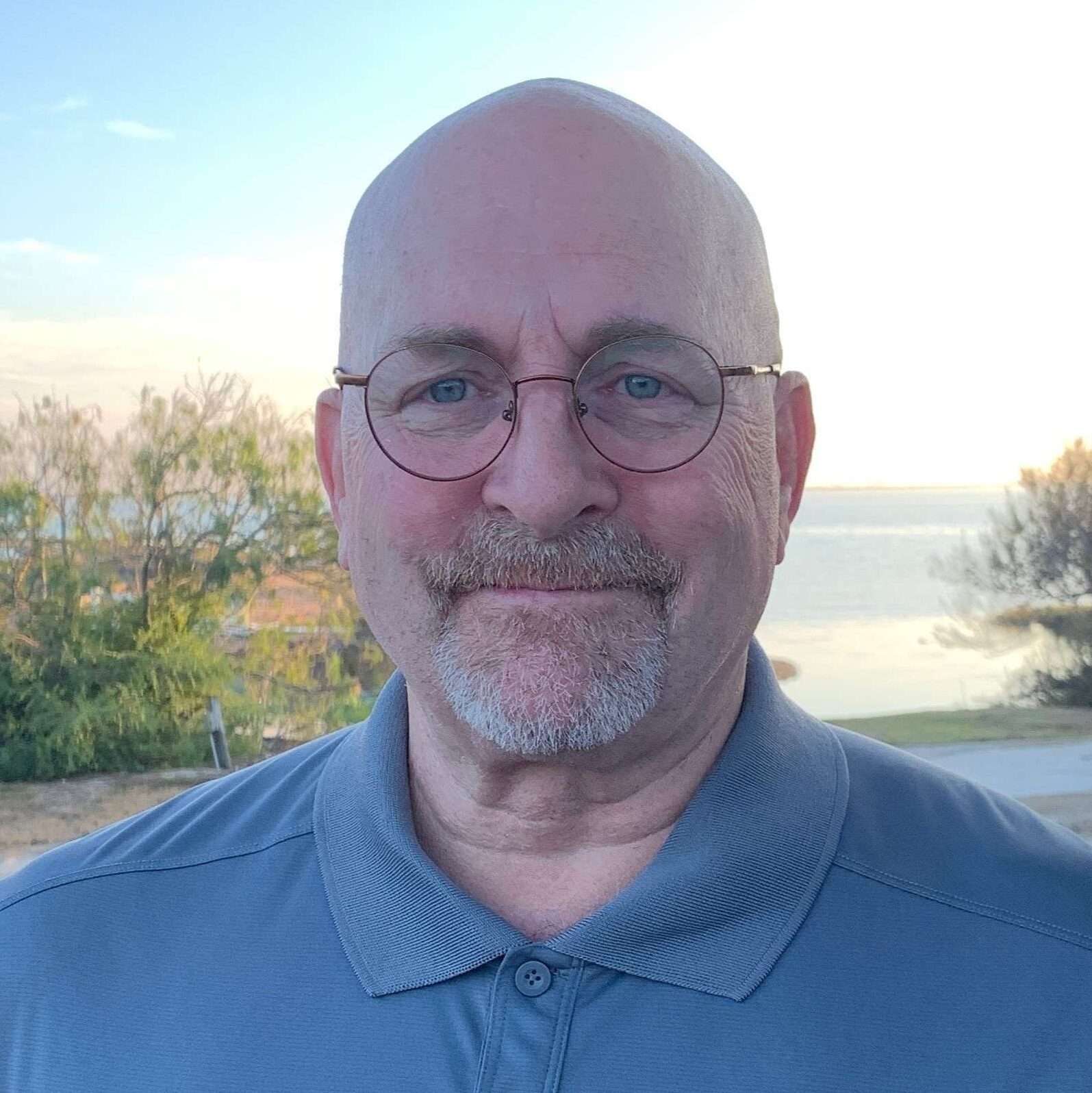
Dr. Michael L. Williams, Head of Ministry Operations and Technology at Christianity Every Day, is a Christ-centered Author, Educator, Biblical Counselor and Advisor. He is ordained in Pastoral Ministry and formerly the founding Pastor of Selah Mountain Ministries, a church started along with his wife, Pamela Rose, after several years of pastoral experience and training in Biblical Counseling. Selah Mountain provided Biblical counseling and education to the public on how to overcome life issues Biblically on topics such as anger management, marriage, addictions, and other subjects – often referred to as mental illnesses. To learn more about Dr. Mike visit the About page.





















